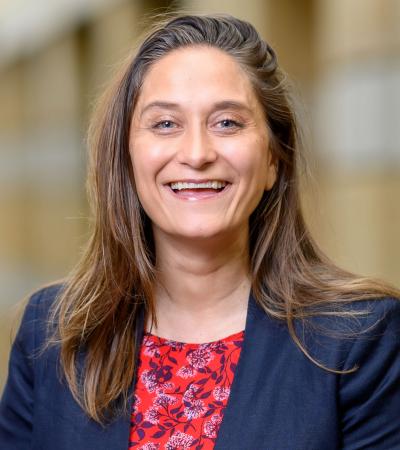Grinw as a Vector for Trust and Tolerance and Listening to Grinw
Faculty Research Grant
In 2012, Mali suffered a rebel occupation and coup d’état, which displaced more than 400,000 Malians. Despite the reintroduction of multi-party elections (in summer 2013) the presence of more than 10,0000 troops, Mali still faces lingering insecurity, increased ethnic tension, and an uncertain democratic future. This study seeks to evaluate how grinw, informal politics discussion groups that are ubiquitous throughout urban and peri- urban zones, impact trust and tolerance in post-conflict Mali. Grinw are informal groupings that meet regularly to drink tea and share information. The literature on social capital suggests that grinw horizontal organization, and diverse composition of people with weak ties, can promote trust and tolerance among members, but also more generalized trust toward members of society.
In addition, Bleck has a solo book project through the ACLS Fellowship, which aims to use focus groups in grinw to reveal Malian attitudes towards three areas central to the recovery of the democratic Malian state: democracy and governance, allegiance to the state and other subgroups, and social cohesion. Without understanding Malian conceptualizations and understanding of these key thematic areas, it will be difficult to project or anticipate Mali’s future governance trajectory.






